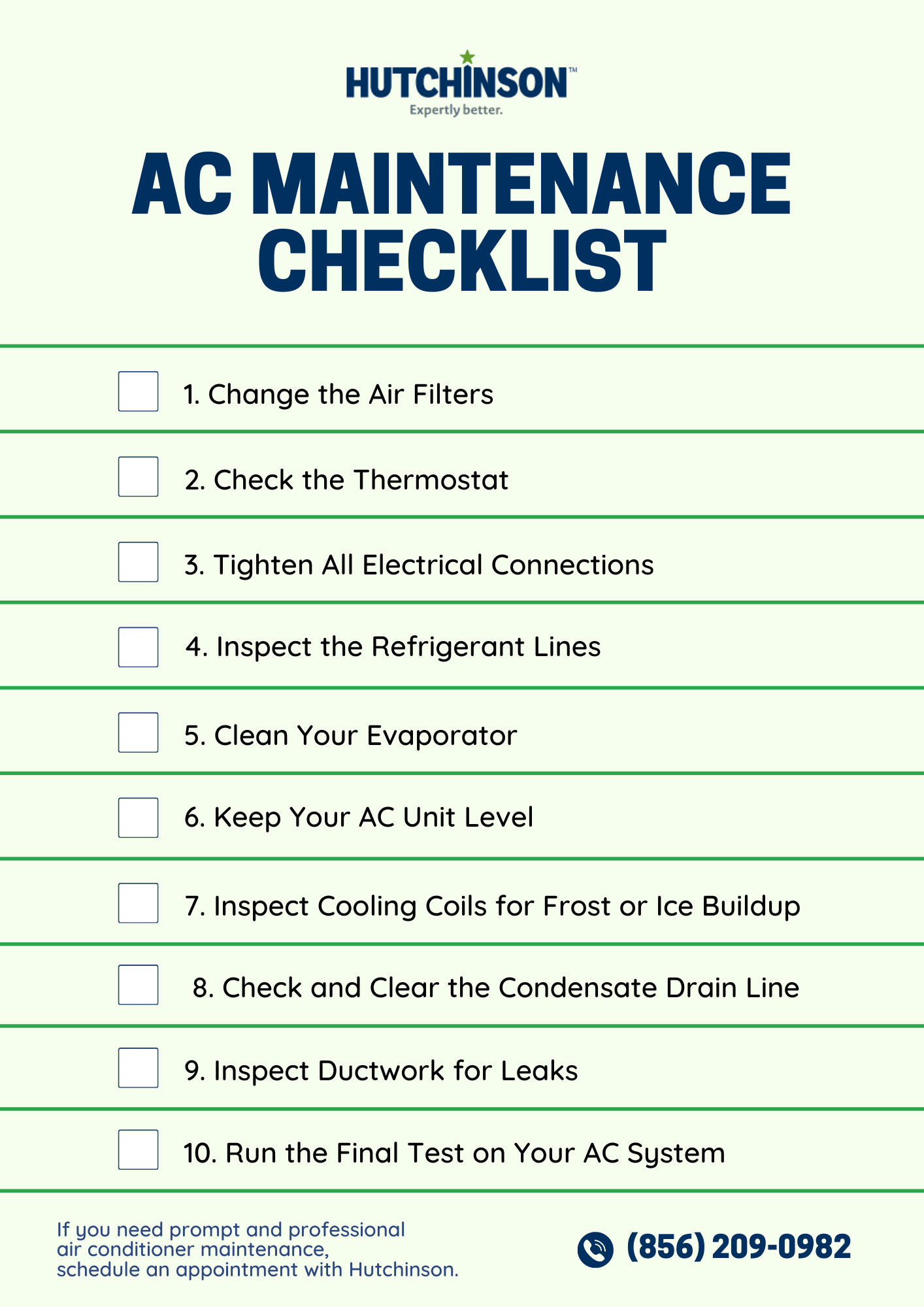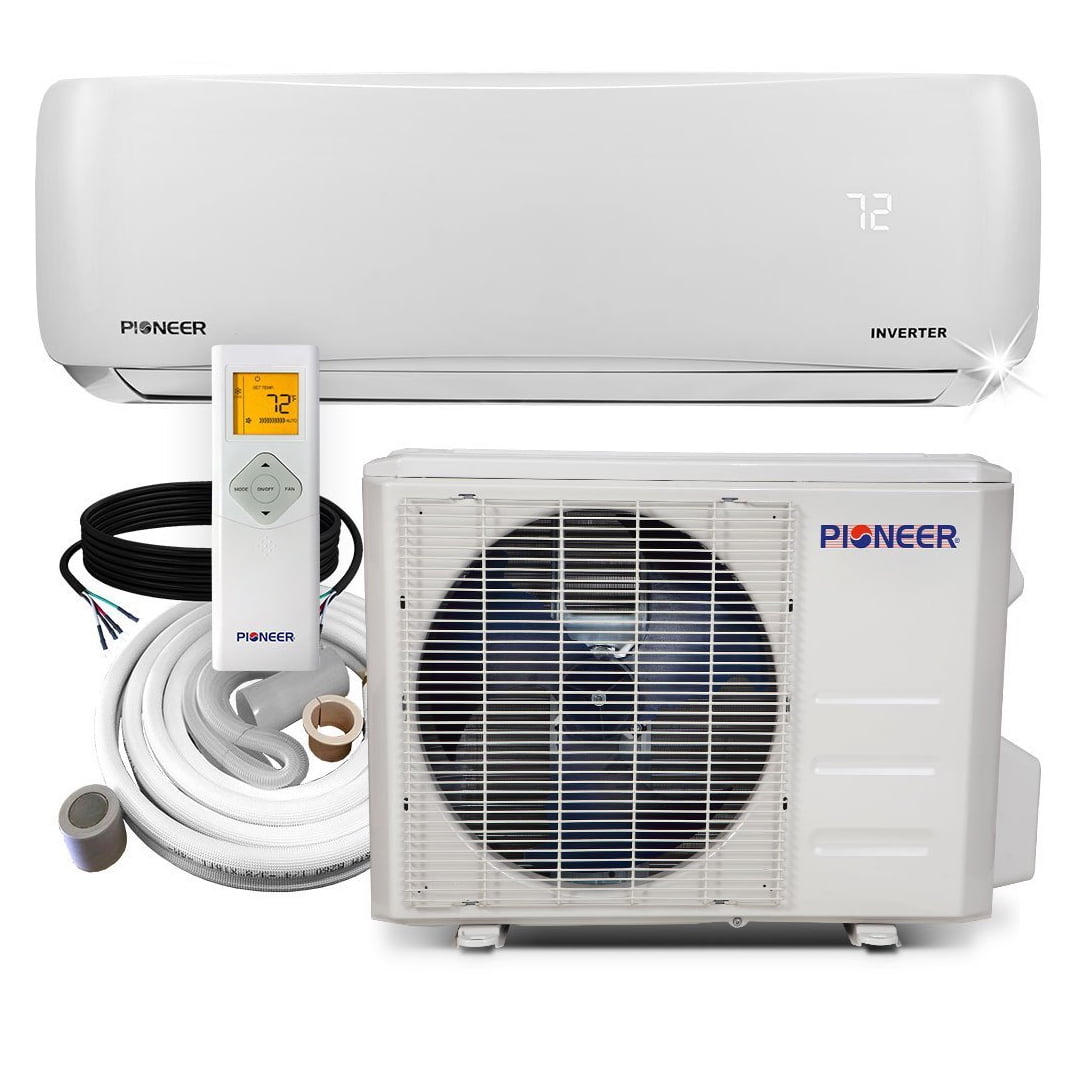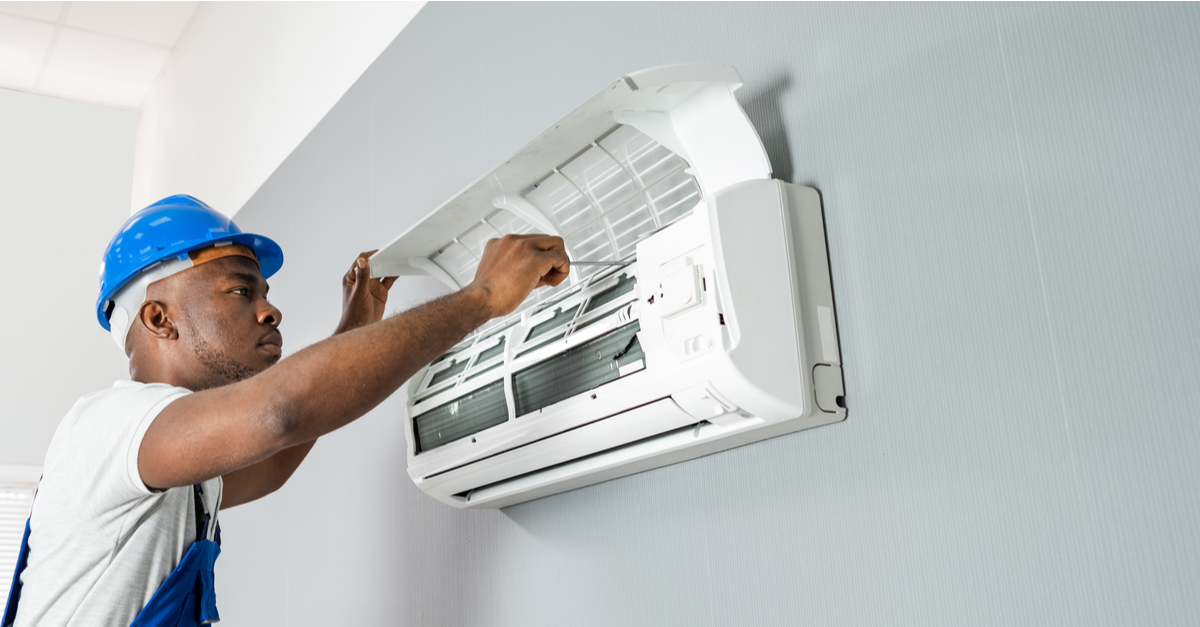Air Conditioning Sound Troubles: Identifying and Repairing the Resource
Did you know that roughly 75% of property owners experience cooling noise concerns at some point? When your air conditioner starts making unusual noises, it can be fairly turbulent to your peace and comfort.
From rattling and buzzing to squealing and banging, these sounds can indicate underlying troubles that require focus. Recognizing the source of the noise is important for efficient repairs and guaranteeing your a/c unit operates effectively.
So, if you're tired of bearing with aggravating a/c sounds disrupting your harmony, there are remedies at hand.
Trick Takeaways
- Regular maintenance is essential to attend to typical air conditioning sound sources like ductwork concerns and defective electric motors.
- Address shaking noises by examining for loosened components, maintaining follower electric motors, and including resonance isolation pads.
- Screeching and banging sounds can be solved by examining belts, follower blades, and compressor coils for problems.
- Repair work air conditioning noise troubles by conducting visual assessments, implementing soundproofing methods, and troubleshooting for obstructions.
Common Air Conditioning Sound Resources
If your cooling system is making uncommon noises, it could be because of one of a number of common resources.
One constant offender is problems with the ductwork. In time, ducts can create leakages, loose links, or even blockages. These troubles can create air to stream unevenly, leading to whistling or rattling audios. A comprehensive ductwork examination by a professional can assist identify and rectify these issues, recovering your system's smooth operation.
An additional typical source of sound in cooling systems is a malfunctioning motor. The electric motor is an essential part that drives the followers and various other moving parts within the system. If the electric motor is worn out or damaged, it can produce grinding, screeching, or clunking noises. In such instances, motor substitute might be required to eliminate the source of the disturbance. Normal maintenance and timely electric motor replacement when required can assist maintain your cooling system running quietly and successfully.
Identifying Rattling and Buzzing Sounds
To address rattling and humming audios in your a/c system, beginning by checking the components that can be triggering these sounds, such as loosened components or damaged parts. Resonance isolation is key in resolving these concerns. Check for any kind of loose screws, screws, or panels that may be vibrating against each various other during procedure. Tightening these can often alleviate the rattling noises.

Additionally, evaluate the follower motor for any type of signs of wear and tear. Routine fan electric motor maintenance, such as lubrication and cleansing, can help reduce buzzing sounds brought on by rubbing or malfunction.
If the rattling persists after inspecting and tightening parts, think about adding vibration seclusion pads or mounts to take in the excess resonances. These pads work as a buffer in between the shaking parts, decreasing the noise. Keep in mind that addressing these audios immediately can protect against more damages to your air conditioning system and ensure its peak performance.
Resolving Screeching and Banging Sounds
When attending to screeching and banging noises in your cooling system, beginning by recognizing the resource of the noises via a comprehensive examination of the device's components. Inspect the belt stress as well as the motor bearings, as loose belts or worn-out bearings can bring about squealing noises. Inspect the follower blade for any type of blockages or problems that could trigger banging sounds when the follower revolves. In addition, take a look at the compressor coil for any type of debris or issues that could be producing the sounds. air conditioner installation
To attend to squealing noises associated with belt tension, adjust the stress complying with the manufacturer's guidelines to ensure it's within the suggested variety. If the electric motor bearings are the perpetrator, take into consideration lubricating them when possible; or else, they may need to be replaced. For banging sounds caused by follower blade issues, repair service or replace the harmed blades immediately. When it concerns the compressor coil, cleansing it thoroughly can often fix any kind of noise-related issues. By dealing with these prospective sources of screeching and banging sounds, you can recover your a/c system to its ideal working state.
Tips for Repairing Air Conditioning Sound
When faced with air conditioning noise issues, start by conducting an aesthetic evaluation of the device's parts for any visible indications of damage or wear. Try to find loosened parts, worn-out belts, or particles that might be triggering the sound. If you see any problems, ensure to tighten loosened components, replace damaged parts, and clean any kind of debris to see if the sound boosts.
To deal with cooling sound troubles, consider soundproofing strategies to reduce the sound transmission from the system. Insulating the walls around the unit, setting up soundproofing panels, or positioning rubber pads underneath the unit can assist moisten the sound successfully.
Routine maintenance is vital to avoid a/c noise. Be particular that the system is clean, moisturized, and properly maintained to decrease possible problems. Troubleshooting steps like inspecting the fan blades and motor for any type of blockages can likewise help detect and fix sound troubles. For small problems, do it yourself options such as tightening screws or adjusting elements might resolve the sound without the demand for specialist assistance.
Guaranteeing Efficient AC Operation
Ensure your AC runs successfully by organizing regular maintenance checks and maintaining the unit tidy and well-lubricated. Guaranteeing your cooling system works at its ideal not just decreases noise but likewise lowers energy consumption. To attain this, implement sound decrease strategies such as placing vibration pads under the system to dampen sound transmission and making certain all parts are safely tightened up. In addition, clean or change air filters routinely to prevent air flow obstructions that can strain the system and boost noise levels.

Power usage optimization is important for effective AC procedure. Establish your thermostat to an appropriate temperature level to avoid overworking the system. Utilize ceiling fans to help circulate amazing air better, permitting you to raise the thermostat a little without giving up convenience. Consider installing a programmable thermostat to adjust temperature levels immediately when you're away. By following these techniques, you can preserve a comfortable interior atmosphere while minimizing energy expenses and noise levels.
Frequently Asked Inquiries
Can Air Conditioning Noise Degrees Influence the High Quality of Indoor Air?
High cooling noise degrees can affect interior air quality by contributing to sound pollution, which can impact your health and wellness.
To address this, take into consideration soundproofing solutions to minimize the noise from your air conditioning device.

Is There a Correlation Between Cooling Noise and Power Performance?
When it involves a/c sound and power effectiveness, there's indeed a connection.
The loud noises produced by your air conditioner system can indicate inadequacies that cause increased energy intake.
By resolving and decreasing the sound pollution, you can enhance the overall performance of your system.
Exactly How Can I Minimize A/c Sound Without Jeopardizing the Air Conditioning Performance?
To decrease cooling noise without compromising cooling efficiency, take into consideration soundproofing solutions like acoustic insulation.
You can enhance performance by tuning the system for efficiency while dampening undesirable sounds.
Try guaranteeing all components are correctly mounted and preserved, and check for loose parts that might be causing excessive sound.
Exist Any Type Of Details Laws or Standards Pertaining To Appropriate Noise Levels for Cooling Units?
When it concerns cooling systems, there specify guidelines and standards in place to ensure conformity with acceptable sound degrees. These criteria assist endure a comfy setting without creating disturbances.
Laws pertaining to sound levels for cooling units differ depending on location, yet normally focus on minimizing sound emissions to a level that doesn't disrupt day-to-day tasks. It is necessary to be conscious of these guidelines to ensure your unit satisfies the necessary standards.
What Are Some Long-Term Upkeep Tips to Prevent Air Conditioning Sound Issues in the Future?
To stop a/c noise problems long-lasting, make certain you stick to regular maintenance. Tidy or replace filters, check for loosened parts, and keep the device tidy.
Take into consideration soundproofing techniques like including insulation around the unit. By staying on top of upkeep and taking steps to lower noise, you can appreciate a quieter and much more effective air conditioning system in the future.
Final thought
Since you have actually identified the typical sources of air conditioning sound and learned how to diagnose and fix them, you can enjoy a quieter and a lot more efficient air conditioning system.
Remember to consistently look for any uncommon noises and address them quickly to stop any kind of more damages.
By looking after your air conditioner system, you can guarantee it operates efficiently and successfully for many years to find.